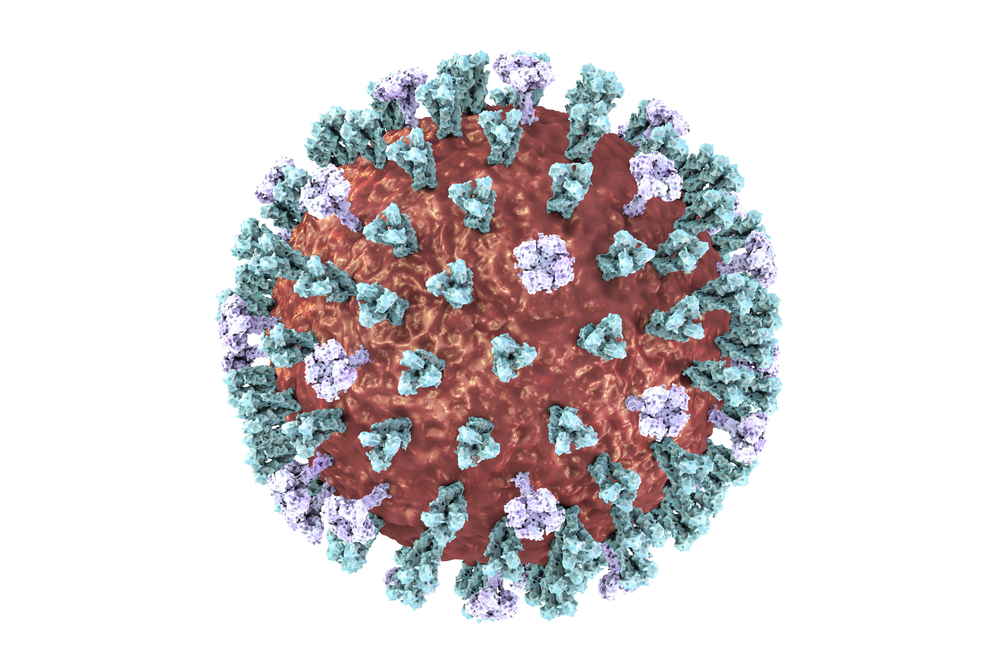MEASLES VIRUS LYSATE
Measles virus lysate has been manufactured to provide a consistent source of native Measles virus antigen. This material has been produced by culturing Measles virus in the Vero cell line. Viral lysates can be utilized as an antigen, as a source for the purification of viral proteins, or for the detection of viral antibodies. This product is suitable for use in a broad range of applications including immunoassay research and development. Applications include, Immunodetection of antibodies to Measles virus using solid-phase enzyme immunoassays (EIA), Western blot, Dot blot, and other protein-based assays.
PRODUCT DETAILS – MEASLES VIRUS LYSATE
- Purified Measles virus lysate.
- Propagated in the Vero cell line.
- Purified by sucrose density gradient ultracentrifugation.
- Heat inactivated.
BACKGROUND
Measles virus (MeV) is a single stranded negative-sense RNA virus, which belongs to the Morbillivirus genus of the family Paramyxoviridae.
Measles is a highly contagious disease caused by the measles virus. It is a globally widespread disease that affects children but can also cause disease in unvaccinated adults. Humans are the only known host of measles virus and infection is spread from person-to-person via respiratory aerosol droplets, nasal secretions or through direct contact with infected individuals.
Measles virus infection causes a febrile disease with a characteristic maculopapular rash that occurs 3-5 days after the onset of fever. Other non-specific symptoms include a cough, runny nose and conjunctivitis. In addition, MeV targets cells of the immune system and lymphoid tissues causing transient immunosuppression that can last several months or years.
The disease is typically self-limiting but can cause complications in pregnant women, young infants, immunocompromised individuals, and in cases where severe malnutrition is a factor. Clinical complications include encephalitis, blindness, diarrhoea, dehydration and pneumonia.
Since the introduction of a safe and effective vaccine in the 1960’s, global cases of Measles have been in decline. However, measles is still endemic in countries where vaccination coverage is inconsistent and is still a major cause of morbidity and mortality in these countries (WHO).
REFERENCES
- World Health Organization: Immunization, vaccines and biological; Measles.

